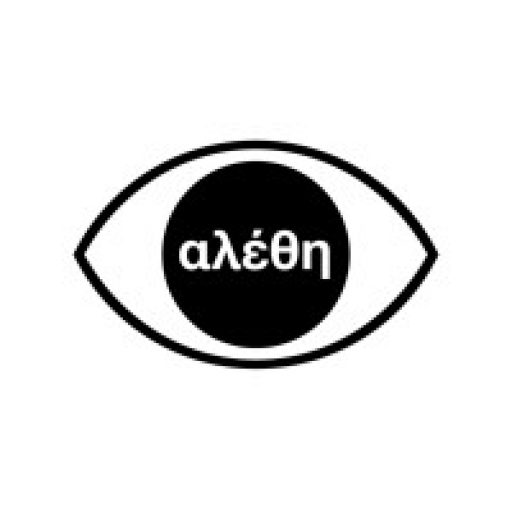I first came across this idea in Bernard Lietaer’s The Future of Money. In it Lietaer — one of the architects of the euro — describes how, in ancient Mesopotamia, the temple distributed clay tokens that entitled the bearer to a certain amount of barley. Some writers — beginning with Herodotus — have linked these […]
society
Freedom and the Unloved
Imagine you could go back in time tens of thousands of years, to a time that represents the vast majority of human existence as a species. You find yourself alone in the wilderness, self-sufficient, when a band of hunter-gatherers spots you. What happens next? Assuming they don’t kill you, they are likely to offer you […]
The State and its Blood Ties
Moving to Finland and acquiring Finnish nationality were, for me, decisions I made freely, choosing my own path as an individual. However, when I notified my country of origin, it didn’t take it very well. Spain gave me an ultimatum: sign a declaration of loyalty to the fatherland or lose my nationality. That’s right — […]
Alice in Academia
(Alice walks past a grand yet imposing university building, a quiet confusion settling over her. Knowledge feels locked away. The experts know things she doesn’t. She hears claims that shape the world—about health, the climate, society—but when she tries to understand them, she finds only barriers. It is as if they are guarding something… A […]
The matrix of “money”
Imagine a simple scenario. Producer A meets Person B, who offers an item called “money” in exchange for A’s bread. At first glance, everything seems fair and straightforward. The item works as a medium of exchange, facilitating the trade between A and B. For simplicity, let’s define money this way, as most economists do: an […]
Children and divorce: The litmus test
What should divorced or separated couples do with their children? This is a notoriously difficult problem. When a couple separates, one or both individuals may want to break free from the relationship, but they cannot entirely do so because they have a child in common—or can they? Consider the following example from a real case […]
